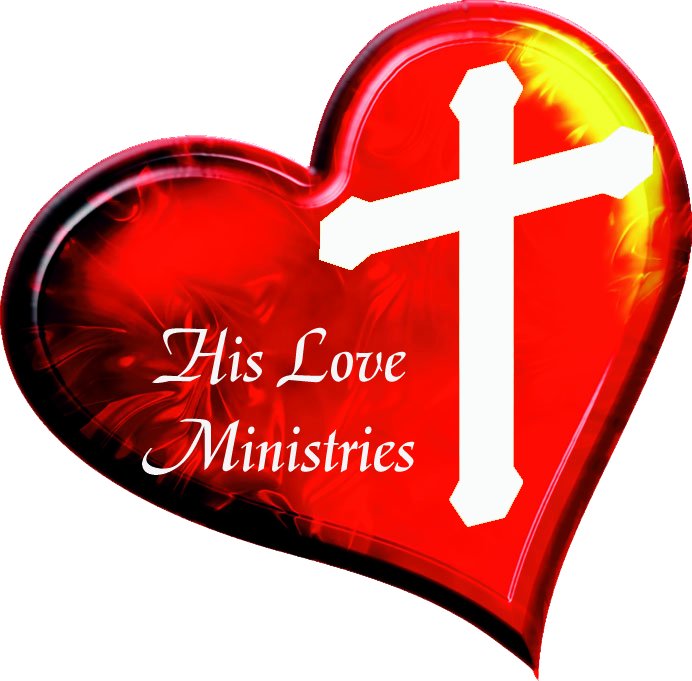
Ruth 4:15 "And may he be to you a restorer of life and a nourisher of your old age; for your daughter-in-law, who loves you, who is better to you than seven sons, has borne him." 16 Then Naomi took the child and laid him on her bosom, and became a nurse to him. 17 Also the neighbor women gave him a name, saying, "There is a son born to Naomi." And they called his name Obed. He is the father of Jesse, the father of David. 18 Now this is the genealogy of Perez: Perez begot Hezron; 19 Hezron begot Ram, and Ram begot Amminadab; 20 Amminadab begot Nahshon, and Nahshon begot Salmon; 21 Salmon begot Boaz, and Boaz begot Obed; 22 Obed begot Jesse, and Jesse begot David. (NKJV)
Obed was also a blessing to Naomi. His grandmother informally “adopted” him as her own son and became his foster mother. The women of Bethlehem shared Naomi’s joy when they said, “Praise be to the Lord, who this day has not left you without a kinsman-redeemer” (Ruth 4:14, NIV). The reference is to Obed, not Boaz.
Obed did indeed restore life to Naomi's apparently dead branch of the family of Judah (v. 15). Furthermore he sustained her in her old age by giving her hope (cf. 1:20-21). ". . .
Ruth too received praise for her unusually selfless love and care for her mother-in-law. Seven sons symbolized the supreme blessing that could come to a Hebrew family (cf. 1 Sam. 2:5; Job 1:2). Ruth’s worth was related to the occasion of the birth of her son. (cf. 1 Sam. 2:5; Job 1:2; 42:13; Acts 19:14-17). Thus saying that Ruth was better to Naomi than seven sons was to say that she provided all that an ideal family could for Naomi.
It should be noted that the women speak here not of Boaz, but of the child born as ‘kinsman-redeemer’, saying of him, ‘he will renew your life and sustain you in your old age.’ Redemption transforms by renewing life and giving hope for the future. When she first returned to Bethlehem from Moab, Naomi had no hope for the future. Through the Lord’s kindness in providing her with a redeemer, her life was renewed and the child in her lap gave her hope for the future. All this points to Jesus. As the Redeemer, he renews the life of all he redeems and gives hope for the future
Apart from his name Obed we know little else about him, but he was born to be a servant of God’s redemptive purposes. That is exactly what our Lord Jesus was. He was the servant of the Lord, who came not to be served, but to serve, and to give his life as a ransom for many (Mark 10:45).
He calls all he redeems to follow his pattern of service
Far from being an unimportant addition, this genealogy helps us see one of the main purposes for which God gave us this book.
"The first five names cover the period from the time of the entry into Egypt (Perez, Gen 46:12) to the time of Moses (Nahshon, Exod 6:23; Num 1:7), while the remaining five belong to the period of the early settlement in Canaan to the closing years of the judges."
Boaz, like Enoch in Genesis 5, represented the seventh of ten generations and set the course of his family toward godliness.
In spite of all appearances to the contrary, the faithful God had been about His business on Ruth’s behalf. Believers should also be about His business. The rewards of responsible living are always the sweet fruit of God’s grace.
The story of Ruth started with rebellion—with a family going their own way instead of God’s, suffering the bitter consequences. It ends with the renewal of Naomi’s life—and with others rejoicing with her in the kindness God had shown her by providing her with the kinsman-redeemer she needed. All her hope was now focused on the son that was born, just as the hope of the Christian is focused on the Son who was born to be the Redeemer.
Obed would bring blessing to the whole world. The greatest thing God did for David was not to give him victory over his enemies or wealth for the building of the temple. The greatest privilege God gave him was that of being the ancestor of the Messiah. David wanted to build a house for God, but God told him He would build a house (family) for David (2 Sam. 7). David knew that the Messiah would come from the kingly tribe of Judah (Gen. 49:8–10), but nobody knew which family in Judah would be chosen. God chose David’s family, and the Redeemer would be known as “the son of David” (Matt. 1:1).
The Moabites were not to enter the congregation of the Lord “even to the tenth generation” (Deut. 23:3). But the little Book of Ruth closes with a ten-generation genealogy that climaxes with the name of David!
Never underestimate the power of the grace of God.
Lessons
1. The crisis’s of Ruth in that day are ours too today
a. These are the places where God does his best work
b. He turns curses into blessings
2. God Honors those who Trust Him
3. God still writes the last chapter
More Episodes
 2024-11-06
2024-11-06
 173
173
 2024-10-30
2024-10-30
 5
5
 2024-10-23
2024-10-23
 4
4
 2024-10-16
2024-10-16
 5
5
 2024-10-09
2024-10-09
 4
4
 2024-10-02
2024-10-02
 10
10
 2024-09-25
2024-09-25
 4
4
 2024-09-18
2024-09-18
 3
3
 2024-09-11
2024-09-11
 3
3
 2024-09-04
2024-09-04
 5
5
Create your
podcast in
minutes
- Full-featured podcast site
- Unlimited storage and bandwidth
- Comprehensive podcast stats
- Distribute to Apple Podcasts, Spotify, and more
- Make money with your podcast
It is Free
- Privacy Policy
- Cookie Policy
- Terms of Use
- Consent Preferences
- Copyright © 2015-2024 Podbean.com






